We will settle for "good" in most cases
Posted: March 21, 2020 / Last updated: November 2, 2025
When you hire a plumber, you don’t rate them. First of all, you have little knowledge of plumbing (or you’d do it yourself), and second, you don’t know anything about the plumber you hired.
All you need to know is if the plumber can solve the problem.
When you decide there is a "good"
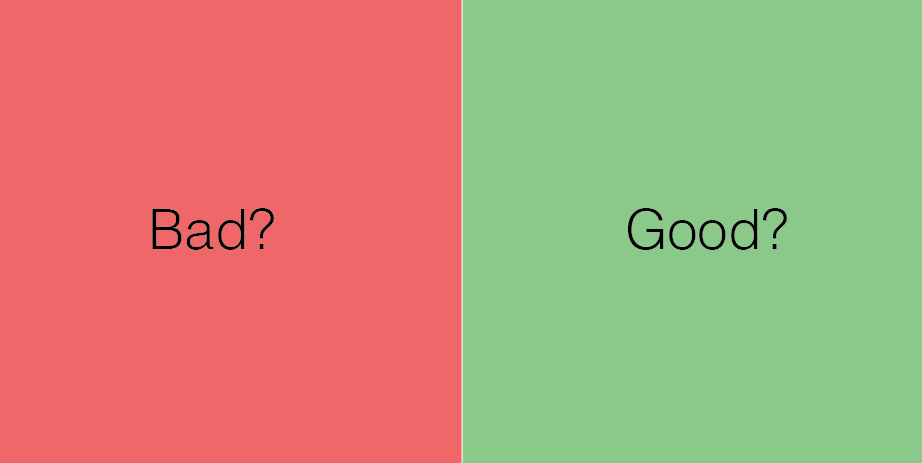
As soon as you say something is good, you are implying something is bad. That’s the nature of duality or dichotomy. I’m not sure what the math behind it would be, but I think a 50/50 split is reasonable for this conversation.
So, as soon as you imagine that you could be good at something, you introduce the idea that you and others could be bad at it. In theory, 50% of people are now bad at it, right?
But what about right now? If you know nothing about a subject, are you bad at it already? That doesn’t seem right. Is everything on the way to good or great considered bad?
Key
concept
Sturgeon's law
“ninety percent of everything is crap.”
— Theodore Sturgeon
WikipediaWe’re not so sure that it’s 90%, are we? Well, most things on the internet are bad, so maybe it is true. “Crap” is subjective, right? We don’t want to be negative! Either way, let’s move on with our investigation
So, where is "Average?"

The equation for “average” in this case is the total divided by the number of groups, right? That will work for now. The discussion of “average” vs. “mean” can wait for another time. If you have 3 types of people and 100 people, then the math for that is 100/3 ≈ 33%.
A tendency to assume you have to be "The Best!"
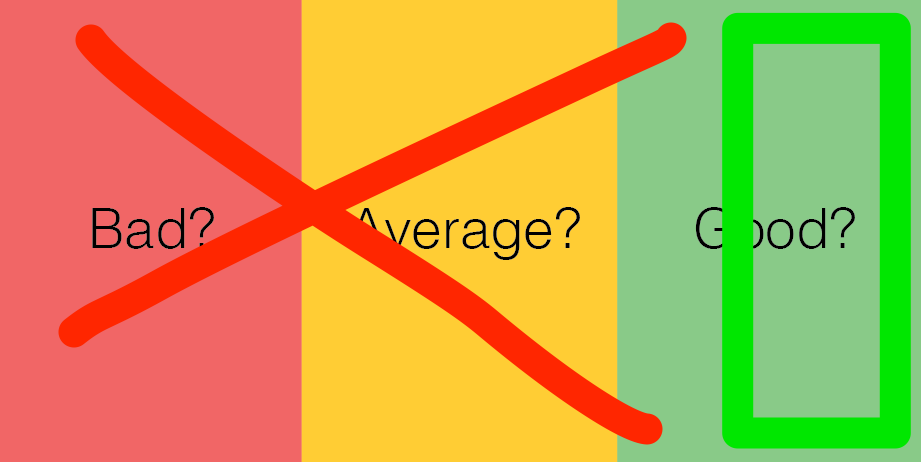
A lot of people feel like they won’t ever get a job or have any value if they aren’t in the top tier of this graph. They think they have to be the best and need to get top engineering jobs at Google and Facebook.
But this isn’t how it works. This chart isn’t a graph of people trying to get jobs. This is a chart of the actual workforce. It can represent anything you can think of, really—a chart that you’ve created in your mind.
You aren't even on this chart yet.
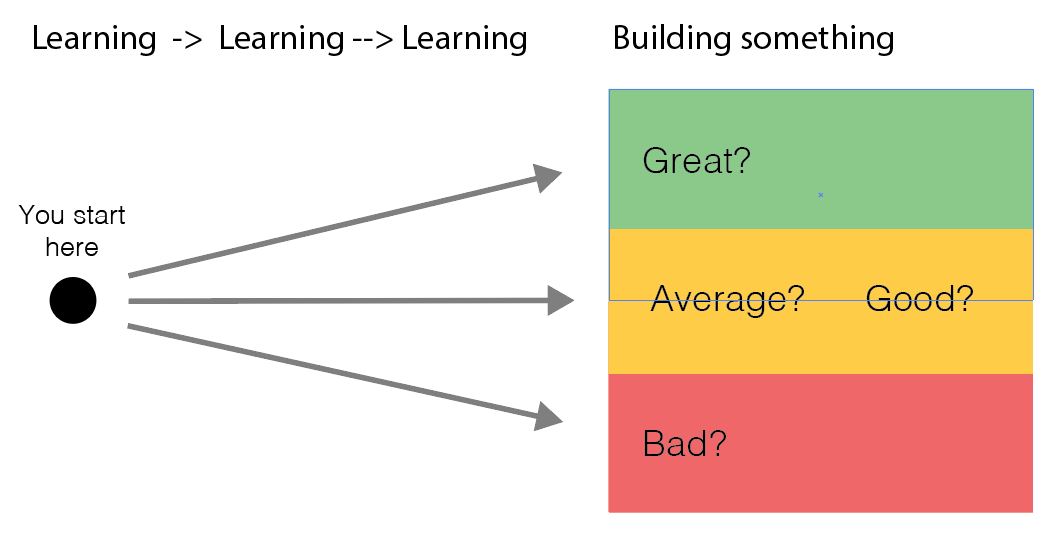
If you are learning, then you’re not even on this chart. You don’t start out “bad” at things; you start somewhere and then you learn. It’s when you start building things that make money that you might end up on this chart.
It is relative.
If you are really great at basketball in the 5th grade, are you “really great at basketball,” or just great compared to the people playing at lunchtime at your school? It’s possible that you are the best basketball player in the county or even the world, but you won’t know until you put that in context.
When it comes to design, programming, and all the skills involved in designing for the web, you’re in the big game when it comes time to see how much value you can provide.
How many cars are in a standard Nascar race?
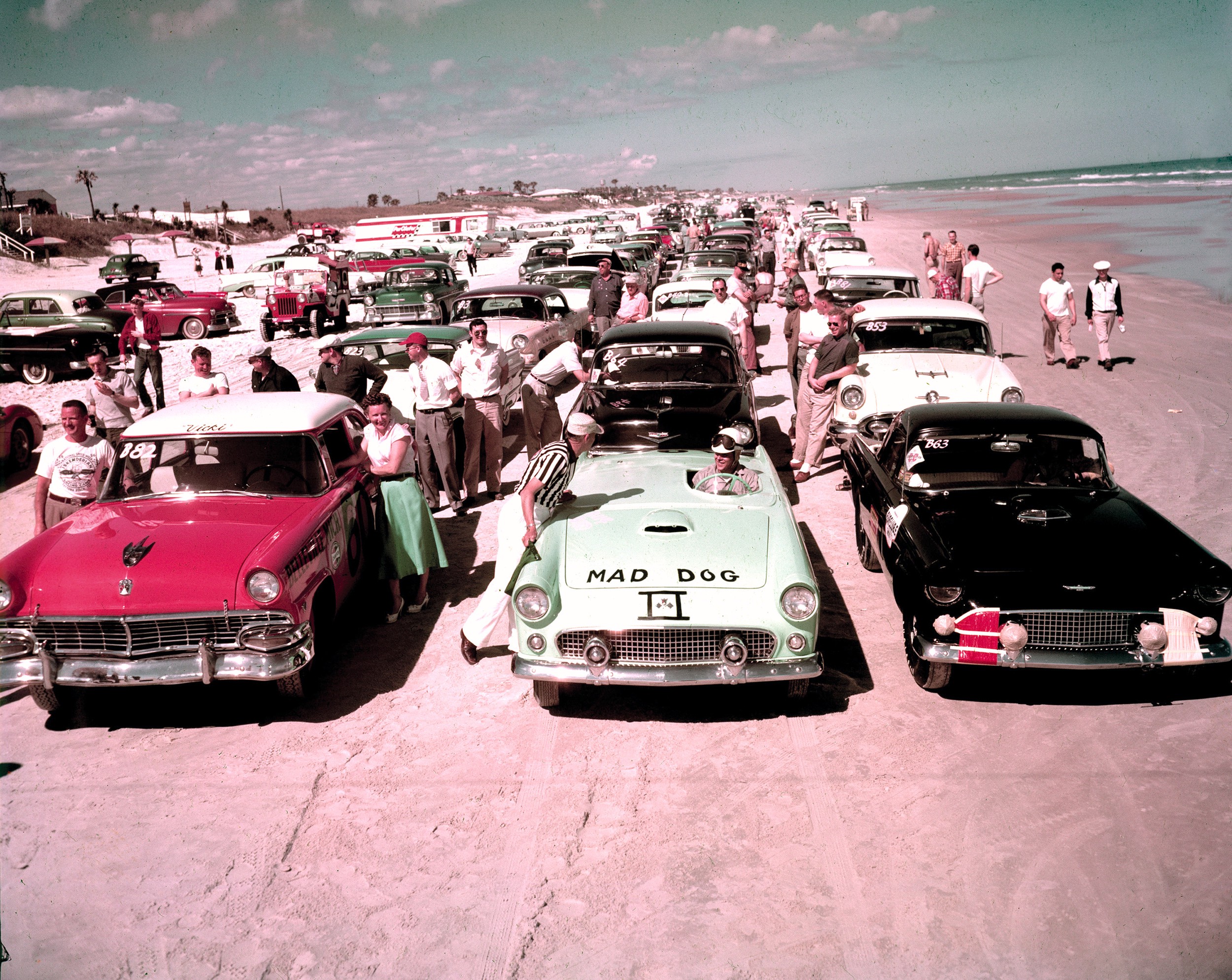
43. Why? I don’t know. I don’t know anything about NASCAR, but if you ask a 5-year-old, “How many people get to win?” they’ll say, “One!”—and they’ll be right. So, how many of the drivers are “good?” Just the first one? Just the first, second, and third? Do you care about the 5th place driver?
What about baseball?
How many teams are there in the MLB league?
30.
And how many get to be “the best?” One team. And how many people on that team are “the best?” Only one, I guess… but maybe they are each the best at their thing. If I were building a baseball team, I would try to get the best coach, the best pitcher, the best catcher, and the best of everything.
If you go in for heart surgery, do you think you’re going to end up with the best heart surgeon? I read somewhere that there are only about 4,000 Cardiothoracic surgeons in the US. So, that means some of them are “the worst” surgeons. They’ll likely have high standards (we hope)! But your heart surgeon is probably just “pretty good” relatively.
You can't win

You can’t win design. You can’t win programming. No one cares about how cool your code is.
Who wins in baseball? Car companies and beer companies. Who wins in NASCAR?
Stop thinking about winning and start playing the game.
At some point, it’s all about value. If you aren’t very fast at your job, you are providing less value. You’ll still find work, but it’ll pay less. Maybe that’s okay for you. Other people will be more average, and they’ll have an average value. Some people will be exceptional and able to do twice the work of an average person. That’s an oversimplification because the exceptional person might make decisions with long-term effects.
So, I’m certainly not saying that you should aim for “just good enough,” but I am saying just get in there, enjoy learning, and try your best to be the best you can be and provide the most value. The industry will decide for you, just like any industry does.
The 10-year-old playing soccer doesn’t have time to worry if they’ll be good enough to get picked for a national club.
Most people are average. That's why it's an average!

Some people are bad at their jobs. It’s true. But they still have jobs, right? Otherwise, there would be no servers in Los Angeles. It’s nice when people are good at their jobs! Be one of those people!
Focus on your value

Have fun. Learn things. Be honest. Work hard. Build up your value. Leave the abstract and unnecessary judgment of “good” and “bad” to someone else. Let the market decide. If you really do those things, you are going to be very valuable.
When people try and rush this usually happens

They still get jobs. They just aren’t high-paying and probably have less long-term stability, but you can still learn on the job. The people you work with will also likely be in the bottom third of the class and might reinforce more bad habits. It’s hard to get out of this cycle. People usually change their marketing plan instead of upgrading their skillset. It’s not ideal, but it’s what a third of the people do.
A great outcome would be to be average!
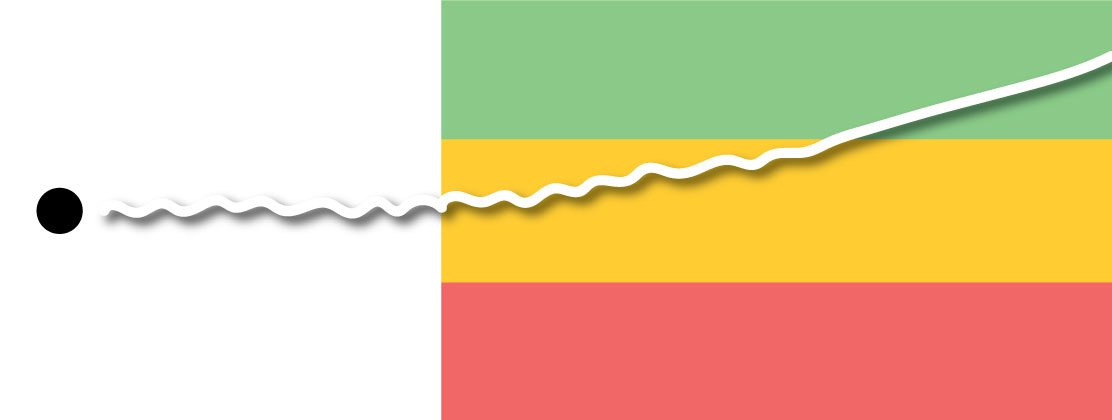
Once you get a job or start a company, or whatever you end up doing in the world of web design, you’ll learn more and more about your specific interests. Hopefully, you’ll find mentors and colleagues who will teach you more, and you’ll learn by teaching the people around you.
This chart is silly!!!

Instead of worrying about “good” and “bad,” just learn things well and focus on your passion. Then, when it’s time, pick the area that interests you most. That’s where you’ll provide the most value.
Would you like to stop worrying about “good” and “bad” and get passionate about some fun stuff instead?
Even with a full CS or design degree, many people expect to land jobs by completing coursework alone. But passive learning doesn’t build the problem-solving skills or confidence that employers need.
Waiting to know everything perfectly before applying yourself creates a disconnect from real work (and is impossible). Employers want people who engage, experiment, and solve problems—even if things aren’t perfect. “Good enough” isn’t settling—it’s how you start building momentum and grow into mastery.
You have to start somewhere. If you’re looking for a proven path to build real confidence by engaging with meaningful work—not just following along—we’ve got one for you.